November 26, 2021
Doing what you love may not automatically make you happier at work
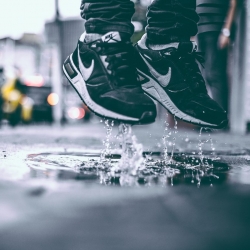 There is a classic saying which has shaped our job choices for years: “Do what you love, the money will follow.” New research suggests this may be true, although not in the way it was originally conceived. The typical logic train has suggested job interest shapes satisfaction and, in turn, satisfaction may drive better performance. However, new research published in the Journal of Vocational Behavior provides some fresh perspectives. It turns out satisfaction has many facets. While interest is one component in job satisfaction, it is not the primary component. Elements such as the organization, relationships with colleagues, leadership and compensation are actually more important than interest in predicting satisfaction. More →
There is a classic saying which has shaped our job choices for years: “Do what you love, the money will follow.” New research suggests this may be true, although not in the way it was originally conceived. The typical logic train has suggested job interest shapes satisfaction and, in turn, satisfaction may drive better performance. However, new research published in the Journal of Vocational Behavior provides some fresh perspectives. It turns out satisfaction has many facets. While interest is one component in job satisfaction, it is not the primary component. Elements such as the organization, relationships with colleagues, leadership and compensation are actually more important than interest in predicting satisfaction. More →





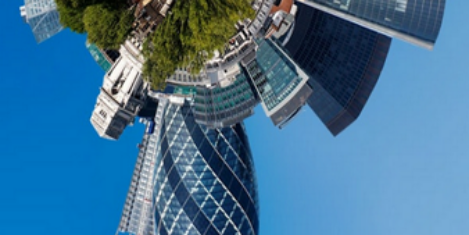
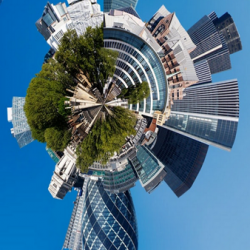 The
The 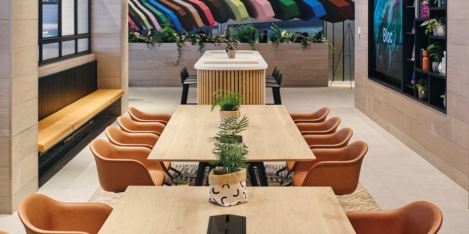
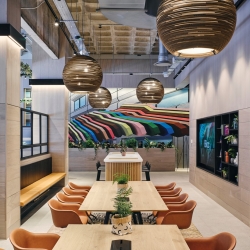
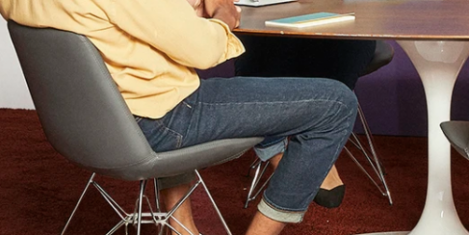
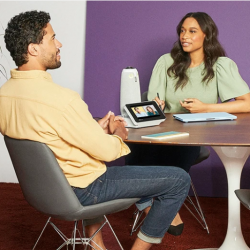

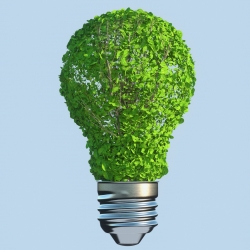 The
The 
 Programmes aimed at supporting employees’ health and wellbeing can also benefit their social relationships and reduce bullying, according to a new study by researchers from the
Programmes aimed at supporting employees’ health and wellbeing can also benefit their social relationships and reduce bullying, according to a new study by researchers from the 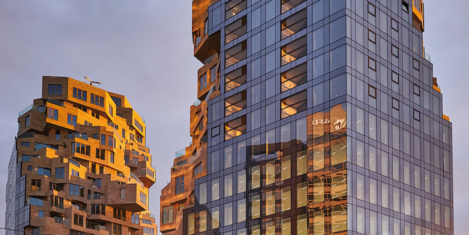
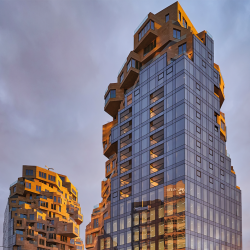
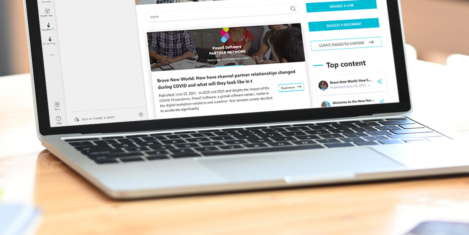
 As SMEs (small and medium-sized enterprises) grapple with a myriad of challenges to keep their companies running successfully,
As SMEs (small and medium-sized enterprises) grapple with a myriad of challenges to keep their companies running successfully, 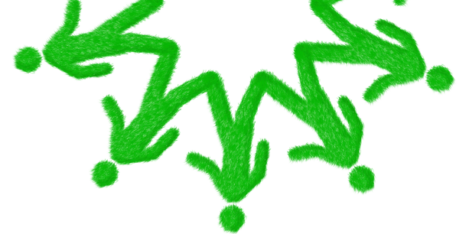

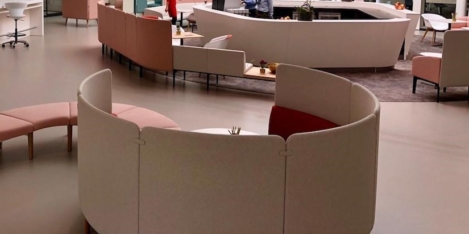
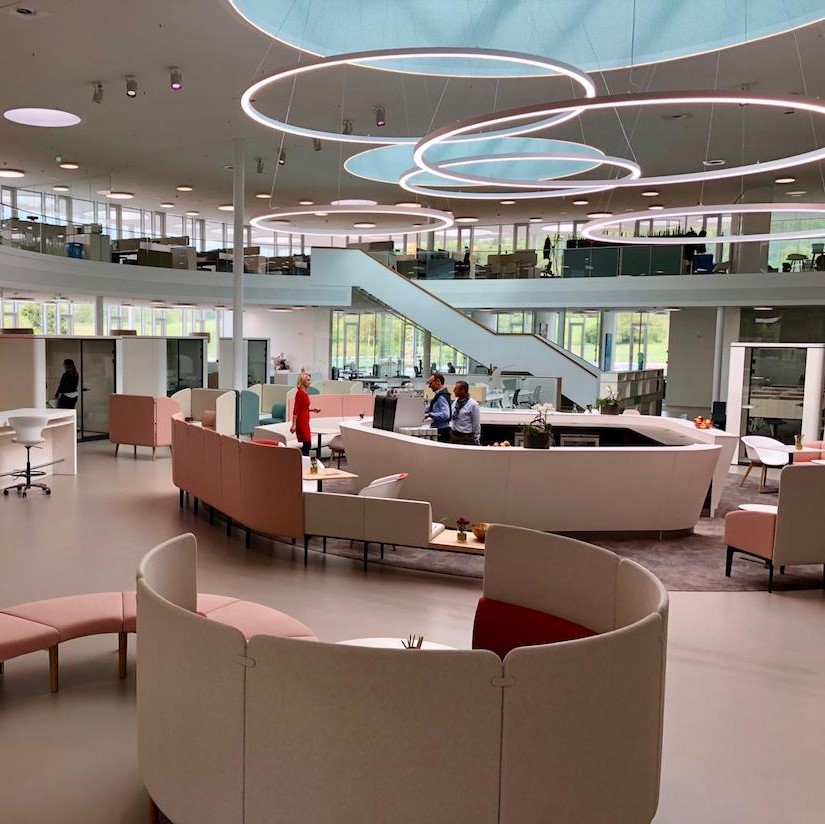
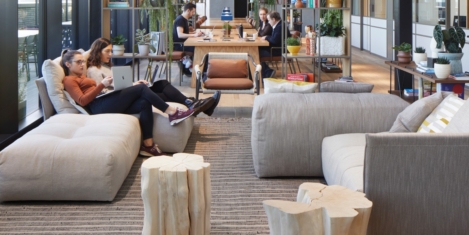
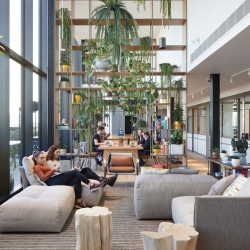

 The World Green Building Council (
The World Green Building Council (








